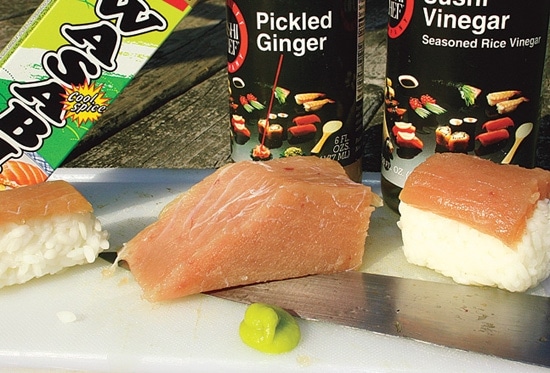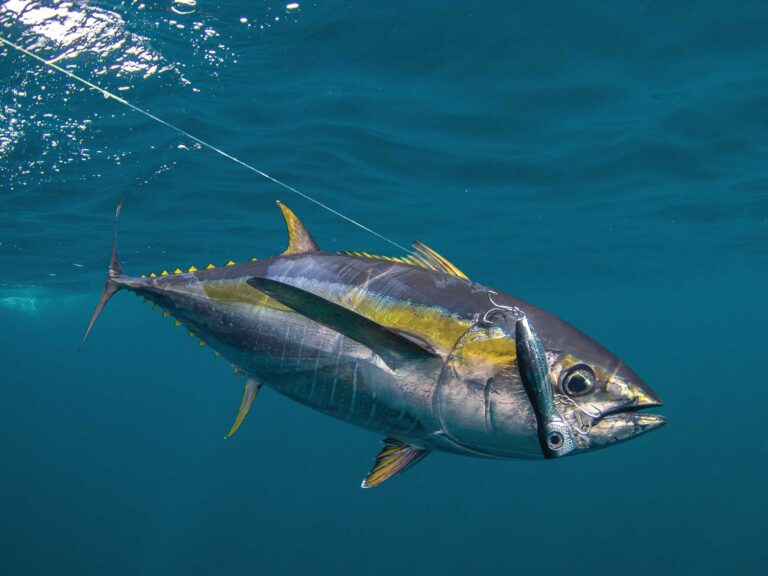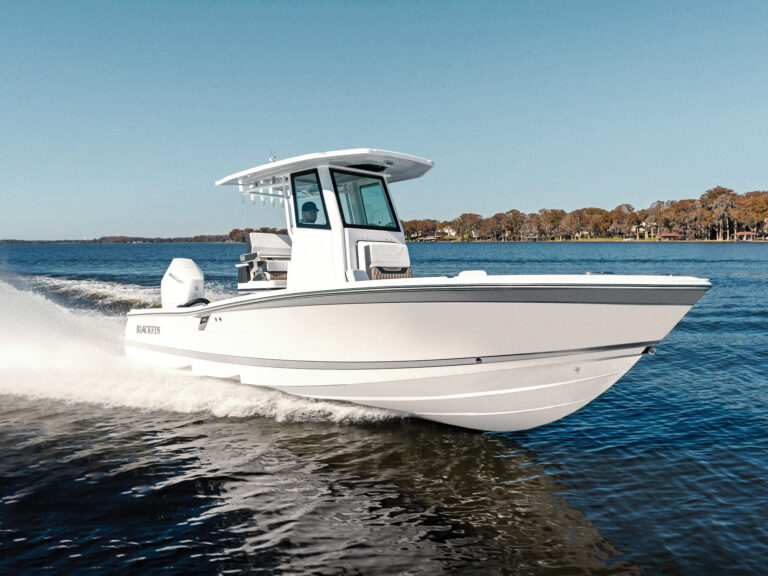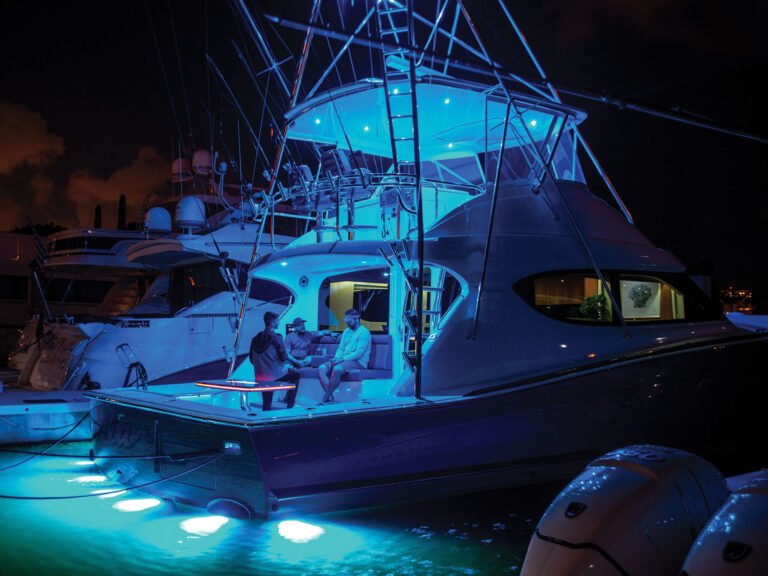
Recent DNA testing has shown that a surprising number of restaurants and stores in the Boston, Massachusetts area sell customers incorrectly labeled seafood, reports the **_Boston Globe**_****. This comes a year after another Boston Globe investigation revealed that restaurants and stores across Massachusetts routinely sold lower-quality fish than they charged customers.
Over the past several months, the Globe collected 76 seafood samples from 58 of the restaurants and markets that sold mislabeled fish last year. Again, 76 percent of them weren’t what was advertised.
**But Massachusetts is not the only state that deals with fraudulent fish names. **
Fish are frequently mislabeled in California restaurants and stores, found Oceana, a nonprofit organization. Tests on seafood sold at Los Angeles sushi bars, restaurants and grocery stores revealed that more than half of fish are not labeled correctly. Snapper, sole, tuna and other fish were often different species, Oceana found after conducting DNA tests of seafood from 74 retailers in the Los Angeles area. In all, 55 percent of 119 fish samples were misidentified.
The worst fish-ID offenders in southern Florida have shaped up since the 2000s, when just about every piece of grouper was mislabeled it seemed. Floridians eat twice as much seafood as the average American, so it’s no surprise that Florida has a long history of “seafood fraud,” specifically the substitution of one species for another.
Another Oceana report found that a third of the seafood tested in South Florida was mislabeled in some way. Fraud was detected in half of the 14 different types of fish collected, with snappers and tuna the most frequently mislabeled. Red snapper was mislabeled 86 percent of the time; grouper was mislabeled 16 percent of the time; and white tuna was mislabeled 100 percent of the time. This is actually better than it was a decade before!
Obviously, there’s a problem. Those who can’t or don’t catch their own fish should still know that the fish they ordered are the fish they are eating. Most states have laws in place that state mislabeling seafood products is illegal. Continued mislabeling in places such as Boston, LA and Miami demonstrates a need to increase accountability throughout the seafood chain, from water to plate.
For more information about mislabeled fish species, visit Operation Seafood Fraud.









